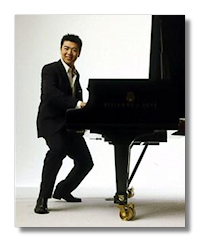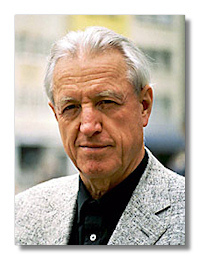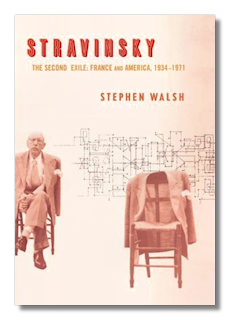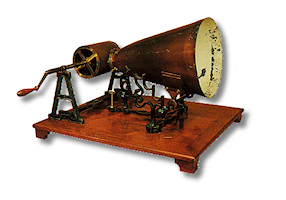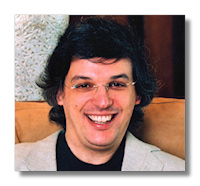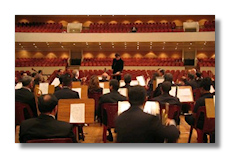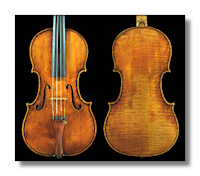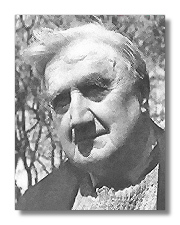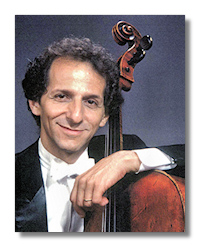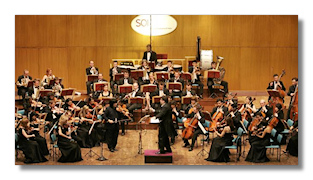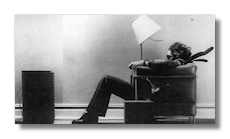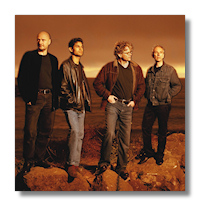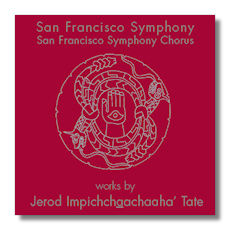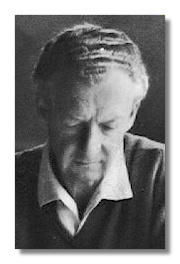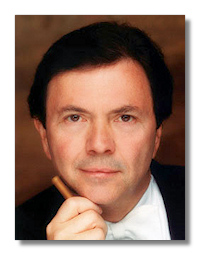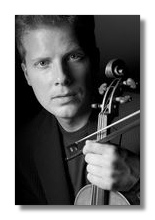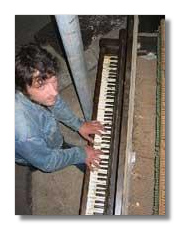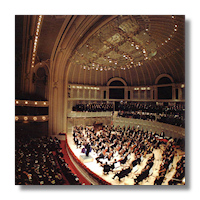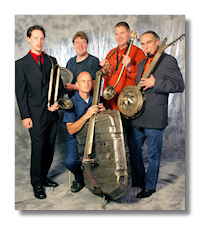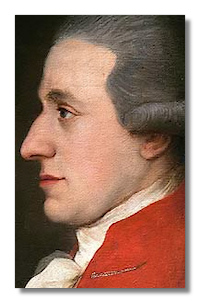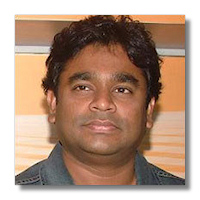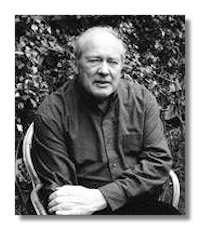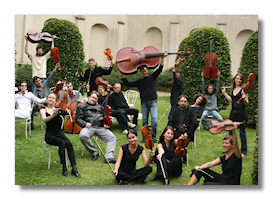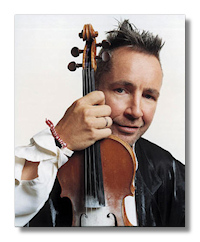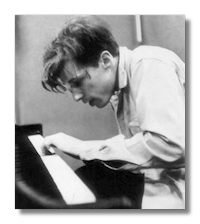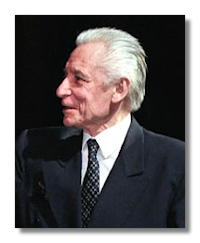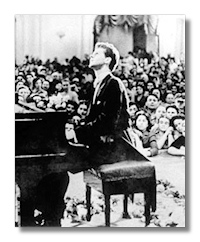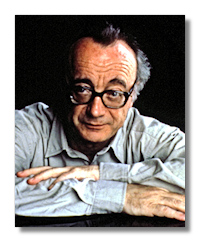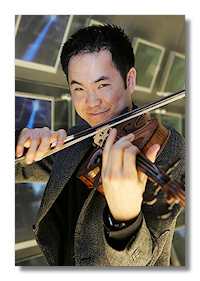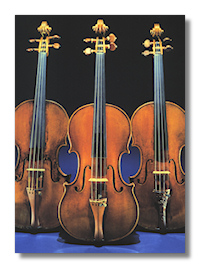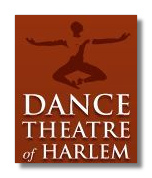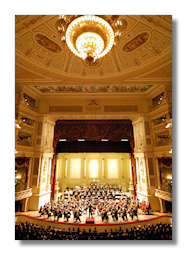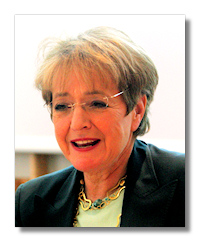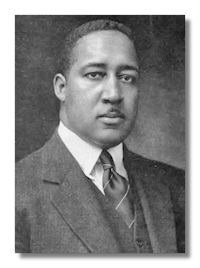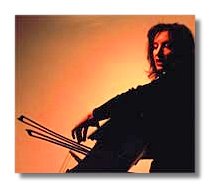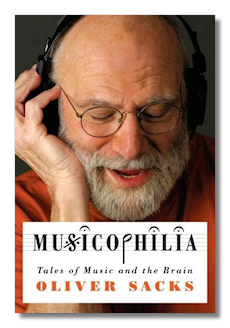Pianos hit the streets
by Maev Kennedy

On the eve of his 19th birthday, Marvin Forbes did something which completely shocked his mates: he sat down at the piano which had appeared overnight on the corner of Orphanage and Mason roads, and played a few bars of Offenbach. "I never knew you could do that!" Thasawar Iqbal said, stunned.
"I knew," muttered another friend, Anthony Murrain. When the group had first walked past the piano on their lunch break, glancing at it out of the corners of their eyes with studied lack of interest, Forbes had insisted he could not play, never had played, and would not know what to do with a piano if it suddenly popped up outside the library with a spray-painted sign reading: "Play me, I'm yours."
This was not strictly true. Forbes is now a trainee mechanical engineer, but he got a C in music at GCSE. "Go on then," Iqbal said, incredulously, "play it!"
Forbes sat on the green plastic chair with reluctance, played a few random notes, a few chords, and finally, his fingers almost visibly remembering, a tune. Iqbal could not have been more astounded if his friend had sprouted wings and flown away over the war memorial.
The piano in the Erdington suburb of Birmingham is one of 15 which have just appeared, unguarded, across the city. There is one in the Rag Market, and one outside Cadbury World. There is another at Colmore junior school, where a teacher was persuaded into an impromptu recital dressed in white gown with veil fluttering in the icy wind. She had been on her way to her wedding.
Some of the pianos are under cover, others have been placed outside. All were professionally tuned, but some appear to already be suffering from exposure: Forbes brushed off praise for his playing, muttering that the keys of the piano were starting to stick.
The pianos are the brainchild of the artist Luke Jerram, and are a project for the Fierce arts organisation, a collaboration renowned for getting odd things into odder places. Jerram previously has floated an orchestra in hot air balloons to awaken the sleeping city, and created a ghostly installation in an abandoned railway tunnel.
The pianos have been installed in public places allowing anyone to sit down and play: some were already in enthusiastic use yesterday, others barely noticed. They will remain in situ until after Easter - if they survive that long - those outliving the experiment given a permanent home. Some of the instruments were bought, others were donated: one man rang from Glasgow pleading for a baby grand to be taken on.
Read more about this at the The Guardian website:
http://arts.guardian.co.uk/art/news/story/0,,2265308,00.html
